Daily History Lesson – January 14th
Neither a wise man nor a brave man lies down on the tracks of history to wait for the train of the future to run over him.
~Dwight D. Eisenhower
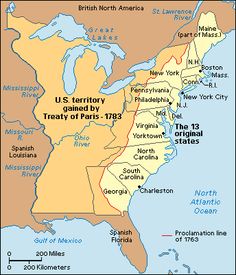
1784 – The Treaty of Paris, which was signed in Paris by representatives of King George III of Great Britain and representatives of the United States of America on September 3, 1783, was ratified by the Continental Congress, officially ending the War for Independence. Britain officially agreed to recognize the independence of its 13 former colonies as the new United States of America.
Copies were sent back to Europe for ratification by the other parties involved, the first reaching France in March 1784. British ratification occurred on April 9, 1784, and the ratified versions were exchanged in Paris on May 12, 1784.
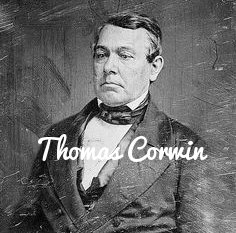
1860 – The U.S. House of Representatives’ Committee of Thirty-Three submitted a proposed constitutional amendment protecting slavery in all areas where it already existed. The proposed measure was not enough to stem the tide of seceding states.
Committee chair Thomas Corwin of Ohio submitted a plan calling for an amendment to protect slavery, enforce the fugitive slave laws, and repeal state personal liberty laws. The South was increasingly concerned with slaves escaping to the North; the personal liberty laws made it difficult to get slaves back, and this was a motivating factor behind secession.
South Carolina, Florida, Mississippi, and Alabama had already seceded by the time Corwin made his proposal. The plan died, and the nation continued on the road to war.

1898 – Charles Lutwidge Dodgson, who wrote Alice’s Adventures in Wonderland under the pen name Lewis Carroll, died in Guildford, England, at age 65.
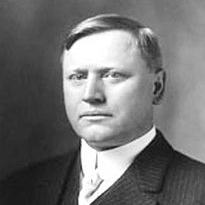
1920 – John Dodge, who with his brother Horace co-founded the Dodge Brothers Company, which was once America’s third-largest automaker and later became part of Chrysler, died of pneumonia at the age of 55.
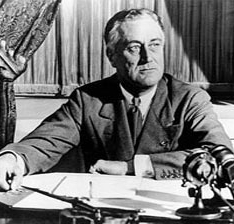
1942 – President Franklin D. Roosevelt issued Presidential Proclamation No. 2537, requiring aliens from World War II enemy countries – Italy, Germany and Japan – to register with the United States Department of Justice. Registered persons were then issued a Certificate of Identification for Aliens of Enemy Nationality.
Proclamation No. 2537 permitted the arrest, detention and internment of enemy aliens who violated restricted areas, such as ports, water treatment plants or even areas prone to brush fires, for the duration of the war. A month later, Roosevelt signed the War Department’s blanket Executive Order 9066, which authorized the physical removal of all Japanese Americans into internment camps.
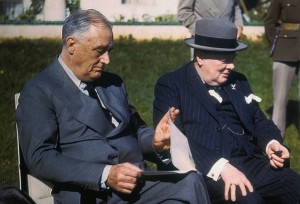
1943 – British Prime Minister Winston Churchill and President Franklin Roosevelt met in Casablanca, Morocco, along with the Combined Chiefs of Staff, to discuss strategy and study the next phase of the war. This meeting marked the first time an American president left American soil during wartime. Participants also included leaders of the French government-in-exile, Gen. Charles de Gaulle and Gen. Henri Giraud, who were assured of a postwar united France.
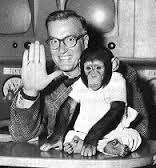
1952 – NBC opened the first Today show with a shot of Dave Garroway looking outside through the ‘Window on the World’ in New York City. The program, much as it does today, blended national news headlines, interviews with newsmakers, lifestyle features, other light news and gimmicks (including the presence of the chimpanzee, J. Fred Muggs as the show’s mascot during the early years), and local station news updates. The historic debut featured Garroway’s signature sign-off: hand raised and one word, “Peace.”
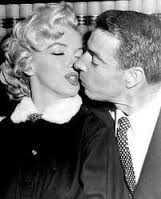
1954 – It was the ultimate All-American romance: the tall, handsome hero of the country’s national pastime had captured the heart of the beautiful, glamorous Hollywood star. But the brief, volatile marriage of Marilyn Monroe and Joe DiMaggio – wed on this day – barely got past the honeymoon before cracks began to show in its brilliant veneer.
While Monroe and DiMaggio were on their honeymoon in Japan, Monroe was asked to travel to Korea and perform for the American soldiers stationed there. She complied, leaving her unhappy new husband in Japan. After they returned to the U.S., tension continued to build, particularly around DiMaggio’s discomfort with his wife’s sexy image. One memorable blow-up occurred in September 1954, on the New York City set of director Billy Wilder’s The Seven Year Itch. As Monroe filmed the now-famous scene in which she stands over a subway grate with the air blowing up her skirt, a crowd of onlookers and press gathered; Wilder himself had reportedly arranged the media attention. As her skirt blew up again and again, the crowd cheered uproariously, and DiMaggio, who was on set, was furious.
DiMaggio and Monroe were divorced in October 1954, just 274 days after they were married.
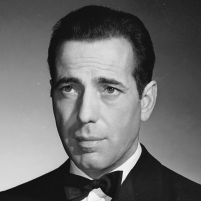
1957 – Actor Humphrey Bogart (The Maltese Falcon, Casablanca, The Big Sleep, The Petrified Forest, The African Queen, The Caine Mutiny, Key Largo) died from cancer of the esophagus. He was 57.
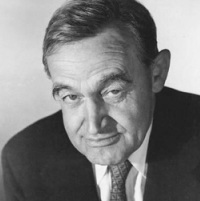
1961 – Actor Barry Fitzgerald Going My Way, The Quiet Man, How Green Was My Valley, And Then There Were None) died at the age of 72.
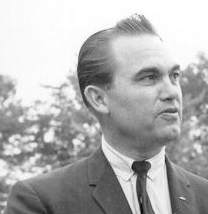
1963 – George Wallace was inaugurated as the governor of Alabama, promising his followers, “Segregation now, segregation tomorrow, segregation forever!” Wallace had become a fiery segregationist and won election to the governor’s office in a landslide victory. He may have promised “segregation forever” but he soon buckled under federal opposition.
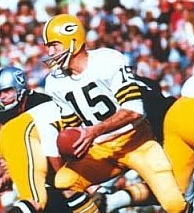
1968 – At Super Bowl II, the Green Bay Packers defeated the Oakland Raiders, 33- 14, for their second consecutive title. Green Bay quarterback Bart Starr was the game MVP.

1969 – An explosion aboard the aircraft carrier USS Enterprise killed 27 people in Pearl Harbor. A rocket accidentally detonated, destroying 15 planes and injuring more than 300 people. The Enterprise was the first-ever nuclear-powered aircraft carrier when it was launched in 1960. It had eight nuclear reactors, six more than all subsequent nuclear carriers. The massive ship was over 1,100 feet long and carried 4,600 crew members.
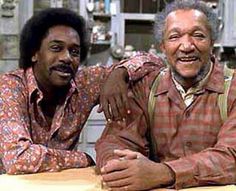
1972 – Sanford and Son premiered on NBC. The show ran for six seasons. Here’s an FYI for you. Redd Foxx, who played the role of Fred Sanford, was born John Sanford.

1973 – The Miami Dolphins defeated the Washington Redskins 14-7 at the Los Angeles Coliseum in Super Bowl VII, becoming the first (and only) team in National Football League history to finish with an undefeated season. Miami safety Jake Scott (#13 above), who intercepted two passes, was voted the game’s Most Valuable Player, as his team wrapped up their 17th straight victory.
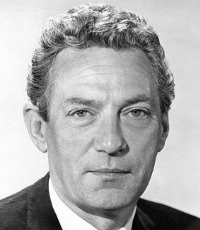
1977 – Actor Peter Finch (Network, The Trials Of Oscar Wilde, Sunday Bloody Sunday, Far From The Madding Crowd) died of a heart attack at the age of 60.

1986 – Actress Donna Reed (It’s A Wonderful Life, From Here To Eternity, The Donna Reed Show) died of pancreatic cancer at the age of 64.

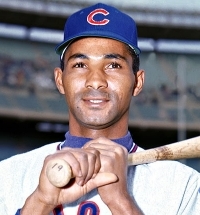
1987 – Catfish Hunter and Billy Williams were elected to the Baseball Hall of Fame by the Baseball Writers’ Association of America.
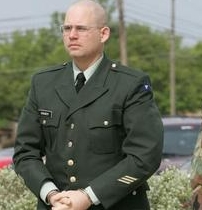
2005 – Army Specialist Charles Graner Jr., the reputed ringleader of a band of rogue guards at the Abu Ghraib prison, was convicted at Fort Hood, Texas, of abusing Iraqi detainees. He was sentenced to 10 years in prison but was released from the United States Disciplinary Barracks at Fort Leavenworth, Kansas after serving six and a half years

2006 – Actress Shelley Winters (The Diary Of Anne Frank, A Patch Of Blue, A Place In The Sun, The Poseidon Adventure) died of heart failure at the age of 85.

2008 – Republican Bobby Jindal, the first elected Indian-American governor in the United States, took office in Louisiana.
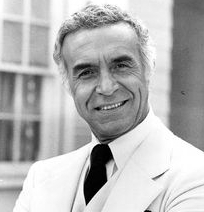
2009 – Actor Ricardo Montalbán (The Mark Of Zorro, Star Trek II:The Wrath Of Khan, Naked Gun: From The Files Of Police Squad!, Fantasy Island) died of congestive heart failure at the age of 88.
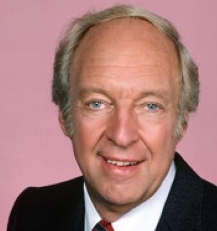
2013 – Actor Conrad Bain (Maude, Diff’rent Strokes) died of natural causes at the age of 89.
Compiled by Ray Lemire ©2016 RayLemire.com. All Rights Reserved.